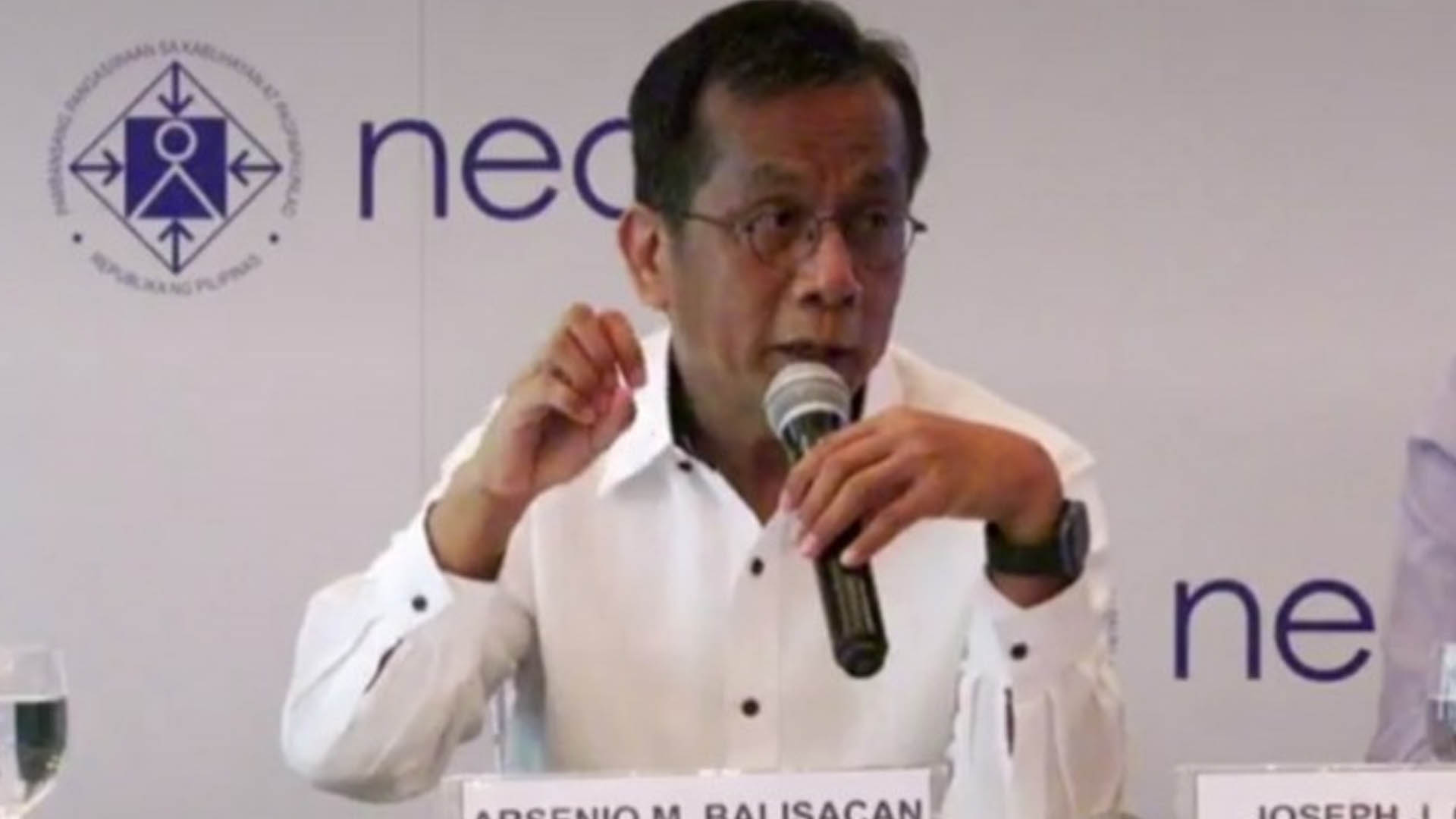The executive committee of the Legislative-Executive Development Advisory Council (LEDAC) will recommend 10 bills to President Ferdinand R. Marcos Jr. to be tagged as priority legislations for the current session of the Congress.
“The LEDAC met to agree on the criteria for prioritization of common legislative bills and in the process, we come up with a list that we will endorse to our President for confirmation,” said National Economic and Development Authority (NEDA) Secretary Arsenio Balisacan on the sidelines of an event in Quezon City on Monday.
Balisacan said the 10 priority bills listed by LEDAC are critical legislations to the success of the Philippine Development Plan (PDP) 2023-2028 and the administration’s eight-point socioeconomic agenda.
The NEDA chief declined to divulge further information, but said one of the priority bills is the Philippine Ecosystem and Natural Capital Accounting System (PENCAS).
Balisacan said the passage of PENCAS will support the targets of PDP 2023-2028, particularly Chapter 15, the “Accelerate Climate Action and Strengthening Disaster Resilience” of the blueprint.
“Chapter 15 of the PDP, in particular, aims to strengthen the resilience of communities, institutions, and ecosystems to the impacts of natural hazards and climate change,” he said.
Institutionalizing a PENCAS will allow the government to measure environmental inputs and outputs, which information is vital for economic management and policymaking.
Balisacan said the country needs to pursue sustainable consumption and production to support long-term economic expansion.
He said policies have to be introduced to make systematic changes in Filipinos’ consumption and production patterns, as well as managing the country’s natural resources to sustain a well-functioning and resilient economy.
“For example, our current (economic) growth is 7.6 (percent)… But if we do not take care of our environment, our growth might not be sustainable,” he said in mixed English and Filipino. (PNA)








